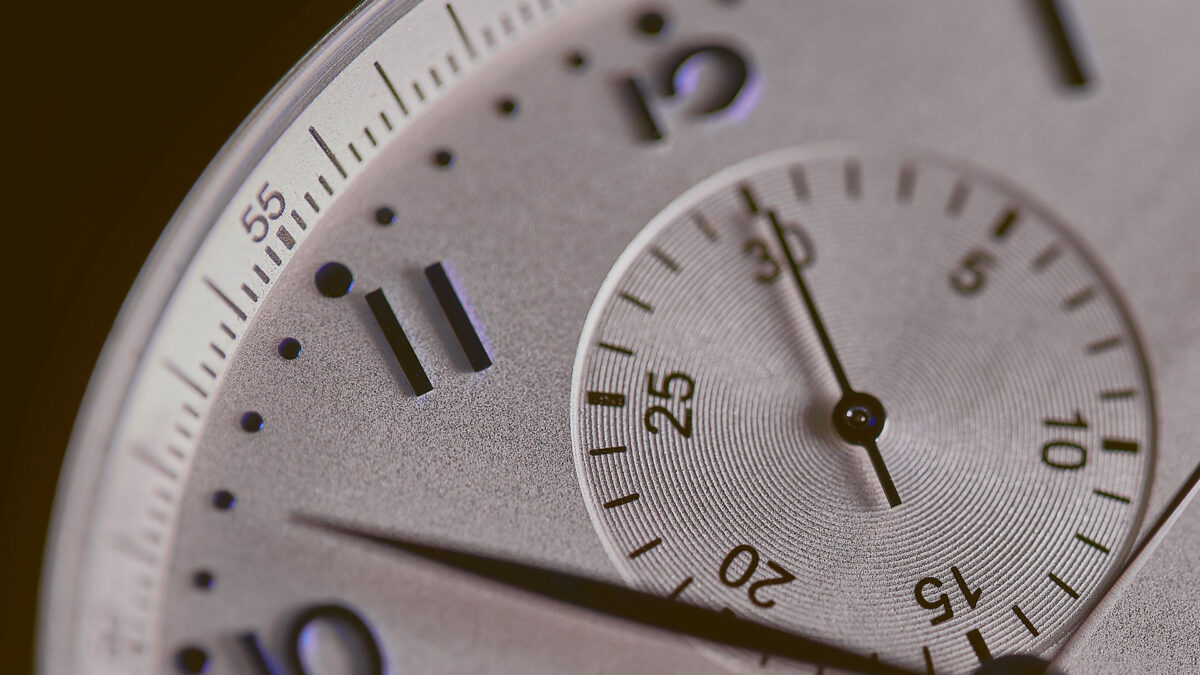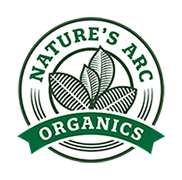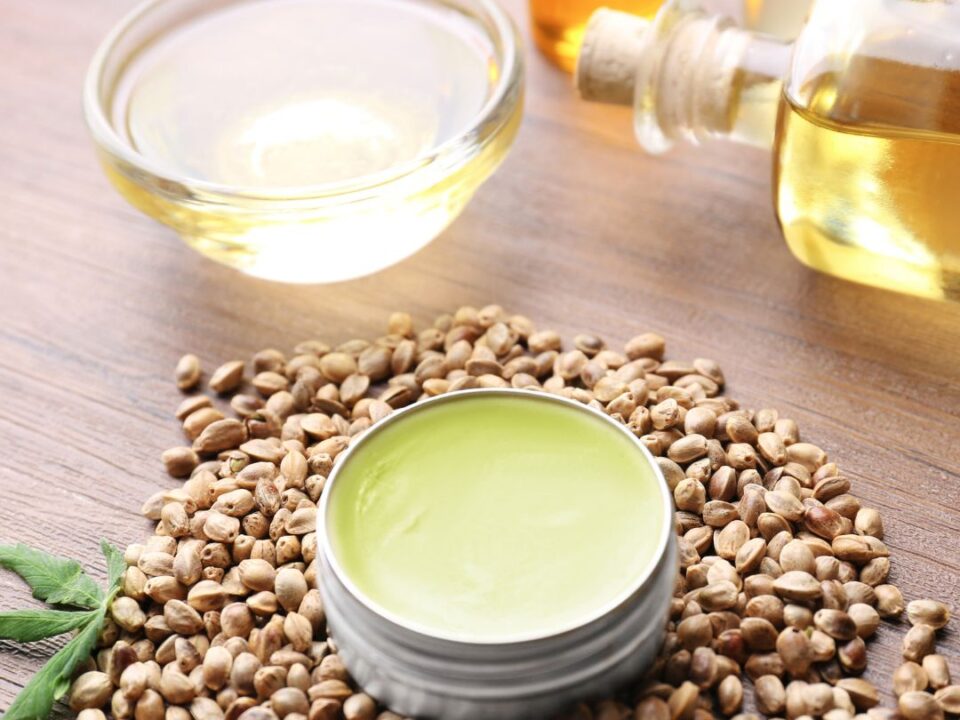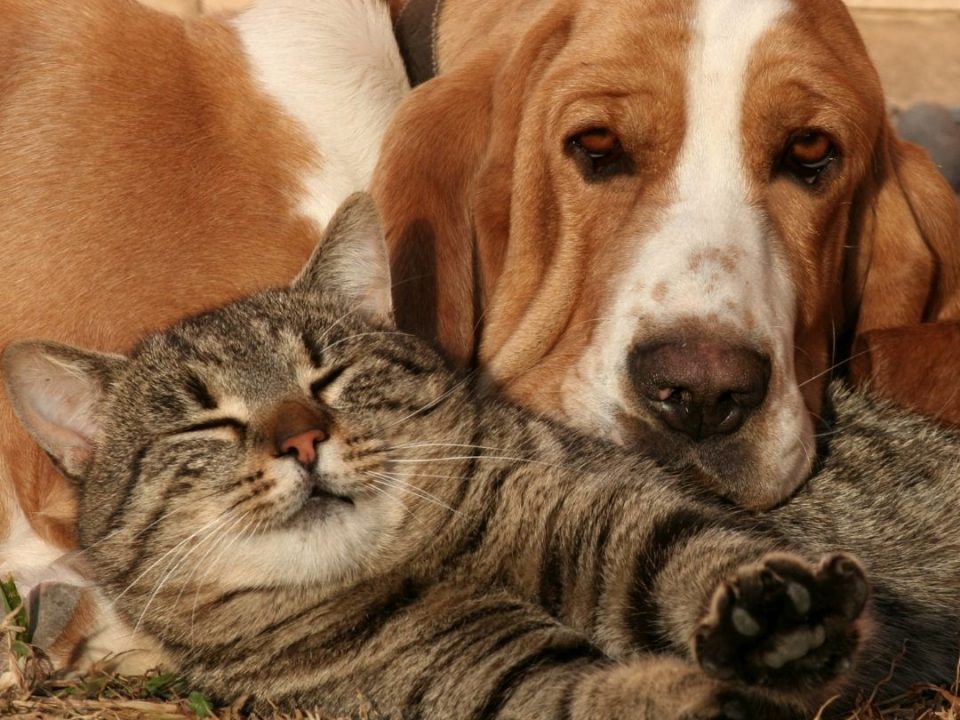
What is CBD Oil?
CBD Oil (short for cannabidiol) is a product of the cannabis plant. It is one of the roughly 120 chemical compounds which are available in this type of plant. The compound has been known for centuries but was only recently made available in the United States as a result of the 2018 Farm Bill. It’s recent legalization, and the relative lack of regulation is why the product has become so widely available in many retail stores and websites.
Ingestion of CBD oil has been purported to come with a variety of physical and mental health benefits. While additional research is needed, there are numerous published studies (and countless anecdotal reports) which show that CBD has a variety of beneficial applications, including:
- Pain relief
- Ameliorating anxiety and depression
- Reduction of cancer-related pains and symptoms
- Improving skincare and reducing acne
So far, one drug has been approved by the United States Food & Drug Administration for public prescription: A drug that is designed to address a rare form of seizures in children.
It is important to note that CBD is not marijuana – the two are separate chemicals. While both compounds come from the cannabis plant, CBD contains no or trace amounts of THC, the drug which is responsible for marijuana’s intoxicating effects. While some types of CBD do contain small amounts of THC (more on that below), taking CBD will not result in the same experience as taking marijuana.
How long does it take for CBD oil to work?
The answer to this question depends on a variety of factors, including your individual physiology, the strength of the product you are using, and the method of ingestion. However, generally speaking:
- Tinctures, which are concentrated CBD in liquid form taken under the tongue, go directly to your bloodstream, allowing its effects to take place within 5-20 minutes.
- Vapes, which are inhaled, are also very quick, usually working in 5-10 minutes.
- Softgels take as long as other edibles, usually at least 30 minutes – and some of their impact is mitigated by going through the body’s digestive system.
- Pet treats can take as quick as five minutes or as long as an hour, depending on the type of dog.
- Topicals can work as quickly a as few minutes if they are applied to the problem area.
How long does CBD Oil Stay in your System?
Since CBD has been newly legalized, more research is desperately needed to understand its various impacts on your physiology. Unfortunately, as a result of this relative lack of research, it’s difficult to make a blanket statement about how long CBD oil stays in your system. Broadly speaking, the accepted rule is that it can take around one week for CBD to completely leave your system. This number can increase or decrease depending on dosage and your height, weight, metabolism, method of ingestion and method of testing. Furthermore, CBD does build up in your body, and the more you take, the longer it will take to leave your system.
It is also hypothesized that frequent use of marijuana will elongate the amount of time it takes for CBD to clear your system.
Studies regarding CBD Clearance Time
Again, more research is needed, but some studies have been conducted which show insightful results.
For example, one study gave individuals 700 mg daily for six weeks. The study found that one week after stopping the CBD dosage, CBD was essentially undetectable in the system of the people tested. However, it is unknown whether or not prior CBD use can have an impact on the length of time it would take for CBD to clear someone’s system. The same study also guessed that the half-life of CBD was somewhere between 3-5 days and that there were no gender differences in terms of CBD clearance.
An important clarification is needed: The above study also tested with blood. Urine, saliva, and hair may show different results.
One study performed showed that fentanyl can reduce CBD clearance time, implying that the consumption of other drugs and substances can delay how long it will take for your body to get rid of CBD.
Will CBD Show Up in a Drug Test?
It is possible, yes, but most likely, no.
Remember, as noted above, CBD should either have no or very trace amounts of THC in it (the legally permissible amount of THC in CBD is .03% or less) There are three types of CBD:
- Full Spectrum CBD, which contains all types of naturally occurring compounds found in CBD, which may include trace amounts of THC.
- Broad Spectrum CBD, which contains all naturally occurring compounds and chemicals but has the THC screened out, so it contains NO THC.
- CBD Isolate, which is pure CBD, with all other chemicals filtered out.
If you take Full Spectrum CBD and then take a drug test, it is possible for the test to be positive.
How much Full Spectrum CBD is necessary to trigger a positive drug test? Unfortunately, that’s tough to say. It depends on a variety of factors, including the sensitivity of the drug test, the time between consumption of the CBD/taking the drug test, and the strength of the CBD you consumed.
Furthermore, unfortunately, there are many unscrupulous businesses that have taken advantage of the lack of regulations in the CBD market. A recent Penn State study tested 81 CBD products and found that nearly 70% were mislabeled. Thus, it is possible for you to take a drug that has labeling indicating that there is no THC when the compound is actually present.
The only way to truly ensure that the CBD product you are taking has no THC is to be an aware consumer and purchase products that have undergone independent testing. This means that a 3rd party has tested the product and found that it’s labeling is accurate. As long as you purchase a product that has had such testing, you can rest assured that it is accurately labeled. If this is the case, and the product says it has no THC, you can use the product with confidence and will not fail a drug test.




